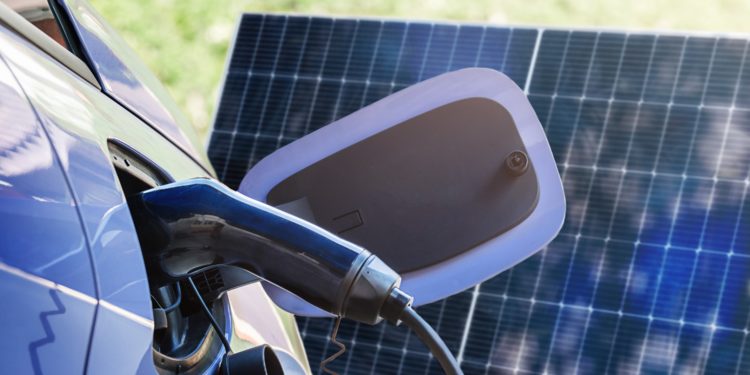The world is on a radical energy journey towards cleaner, more sustainable options. Solar power and EVs (electric vehicles) are at the forefront of this transition, providing an attractive mix of sustainability, savings and energy independence.
The Synergy of Solar Power and EVs
to cut greenhouse gases and build a greener future. Combining them together makes a powerful combination, with profound implications for our environment and energy usage.
Solar Power: Harnessing the Sun’s Energy
Solar power, which comes from capturing the energy of the sun, is becoming an effective and environmentally friendly source of electricity. Solar panels on rooftops or ground-mounted systems allow households and businesses to produce clean power to power their homes and businesses.
Key Benefits of Solar Power:
- Reduced Carbon Footprint: Solar energy is a clean, renewable energy source that emits no greenhouse gases.
- Lower Energy Costs: By creating your own electricity, you will not need to be dependent on the traditional power grids and have a smaller energy bill.
- Energy Independence: You’ll no longer have to rely on fossil fuels and unstable energy markets for your energy needs.
- Increased Property Value: Solar panels will boost your property value.
Electric Vehicles: Driving Towards a Cleaner Future
Electric vehicles (EVs) are fast becoming a sustainable alternative to the traditional gasoline-powered cars. Since EVs run on electricity, they produce zero tailpipe emissions, contributing to cleaner air and reduced air pollution.
Key Benefits of Electric Vehicles:
- Zero Tailpipe Emissions: EVs produce no harmful emissions, that help reduce pollution and health risks.
- Lower Operating Costs: Generally, the cost of electricity is less than gasoline, and EVs are more cost-effective to operate in the long run.
- Quiet and Smooth Operation: Electric vehicles are quieter and smoother to drive compared to conventional motor vehicles.
- Government Incentives: Many governments provide incentives and subsidies to promote EV adoption.
The Perfect Match: Solar Power and EV Charging
The combination of solar and electric cars is an effective force for bringing the best out of each technology. By using solar energy to charge your EV, you can further reduce your carbon footprint and energy costs.
How to Optimise Solar Power for EV Charging:
- Time Your Charging: Charge your EV during peak solar production hours (typically midday) to maximise the use of solar energy.
- Install a Home Energy Management System: This system can help you monitor and optimise energy usage, ensuring efficient charging and grid integration.
- Consider a Solar-Powered Carport or Canopy: This can provide shade for your car while also generating additional solar energy.
- Explore Time-of-Use Tariffs: Take advantage of lower electricity rates during off-peak hours to reduce charging costs.
The Future of Solar Power and EVs
The future of solar power and electric vehicles is bright. But, as the technology improves, we’ll be looking at ever-more efficient and cost-effective solutions. As long as we are ready to adopt these technologies, our planet can deliver a more sustainable future.
With solar combined with electric cars, people and companies can be major contributors to mitigating greenhouse gas emissions, air pollution and building a better world.


![7 Best POS Software in the UK [2026 Edition]](https://todaynews.co.uk/wp-content/uploads/2026/02/7-Best-POS-Software-in-the-UK-2026-Edition-360x180.png)








































































